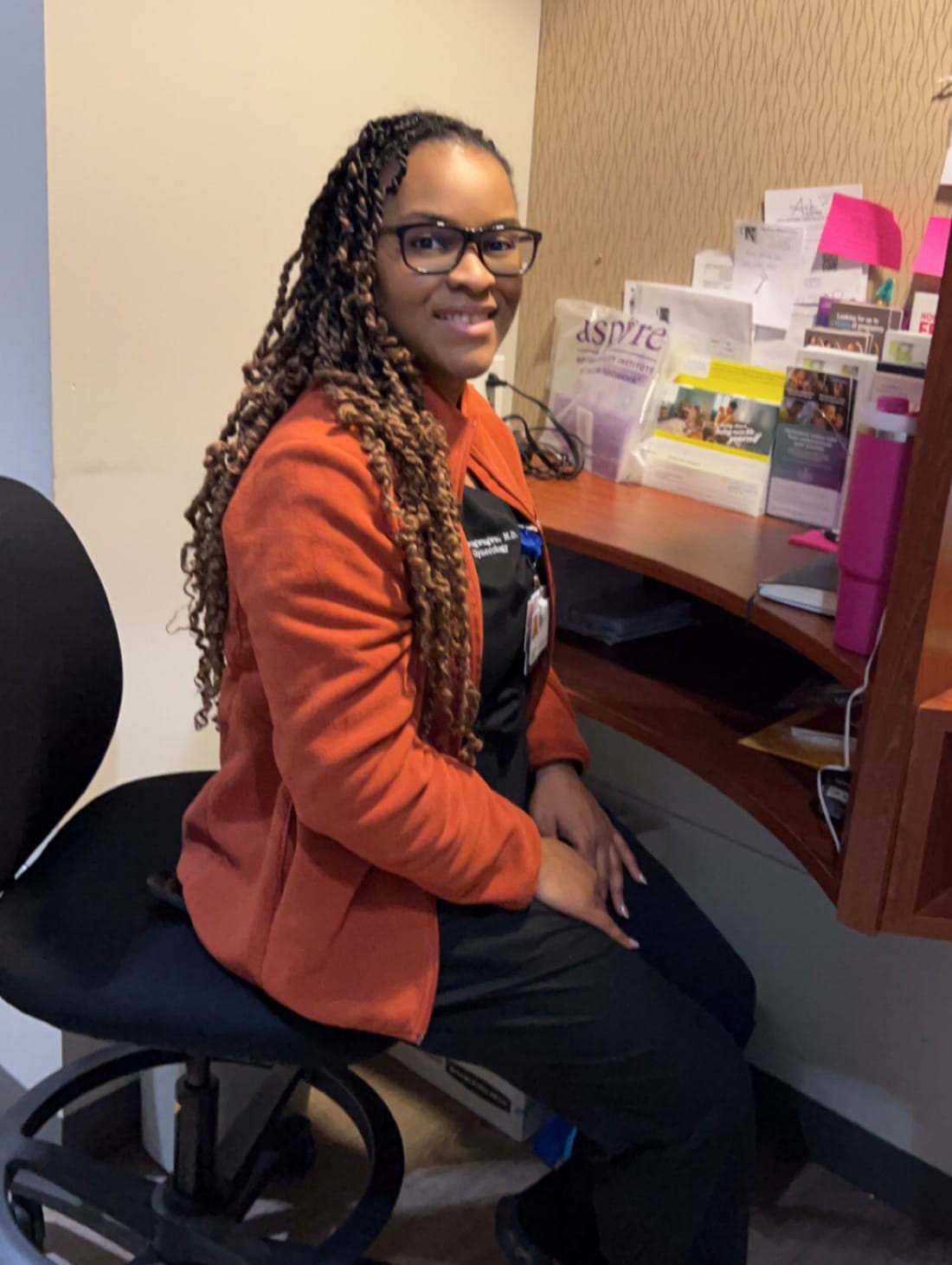
Women’s health needs vary dramatically from the health needs of men, and seeing a gynecologist for routine exams as well as acute needs is important for women of all ages. Northwest Women’s Center is a leading gynecology practice in Houston, TX, dedicated to providing the most advanced services for women in every stage of life.
Well Women Visit
How should I choose my Gynecologist?
Whether looking for a gynecologist for your first appointment, whether you’ve relocated and need to change doctors, or even if your original gynecologist retired, you’re now looking for a new gynecologist. Here are a few tips to help you with the process.
First, consider what traits are important to you. Consider:
- Education — Where did the person train? Is he or she board-certified?
- Experience — How long has the doctor been practicing?
- Expertise — Maybe you need a gynecologist with certain specialization, such as prenatal care, obstetrics, menopause, infertility, etc.

Other things to consider:
- Insurance — Make sure any possible providers are included in your provider list.
- Hospitals — Make sure the doctor uses a hospital, for delivery for instance, that is on your insurance.
What happens during a Gynecology visit?
Office visits begin with a patient history to help identify any potential risk factors for disease, as well as a review of any concerns or symptoms that may be occurring. Blood pressure and weight will both be measured and recorded, and a urine sample may be taken. A pelvic exam may also be performed along with a Pap test or HPV test, and the doctor will also perform a clinical breast exam. Other tests like blood tests, minimally-invasive exams or ultrasounds may be ordered based on the patient’s medical history and the results of the evaluation. Finally, patients will receive guidance that can help them lead a healthier and more confident life, including information about birth control, STDs, menopause and other topics geared toward the individual patient’s needs.
Why should I see my Gynecologist?
For most women, once yearly trips to the gynecologist are a good idea, especially if you’re considering having children. If you don’t have any problems, that span can stretch when you’re younger, possibly to every two or three years.
Other reasons for a specific visit:
- Issues relating to pregnancy, fertility, and family planning
- Changes in your period — If you stop getting your period, you need to see your gynecologist immediately, as that could mean you’re pregnant.
- Menopause — Most women enter menopause in their early 50s, although that can vary. If you’re approaching the onset of menopause and notice a change in your menstrual cycle, you should see a gynecologist to rule out pregnancy.
- Irregular bleeding — If you notice any bleeding that isn’t a part of your period, such as bleeding during or after intercourse, that’s time to see a gynecologist. This type of bleeding can be a sign of injury to the cervix. Otherwise, vaginal bleeding can point to uterine fibroids, or even cervical or uterine cancer.
- Pain or discomfort — Vaginal itching, burning, or pain can point to urinary tract infections, bacterial infections, yeast infections, or sexually transmitted disease. If you’ve had a yeast infection before you can treat these with over-the-counter medications, but if it is your first yeast infection, you should see a gynecologist.
What can I expect during my first visit to a Gynecologist?

Much of your first appointment is simply talking between you and your doctor. Your gynecologist will ask lots of questions about you and your family. There will be questions about your menstruation and sexual activity. These are not meant to be overly personal, but simply to establish some baseline information for the future.
Your first appointment will probably involve two exams:
- General physical exam — We’ll check your height, weight, blood pressure, and overall physi cal health.
- External genital exam — Your doctor will examine your vulva and possibly explain some terms to help you learn about your body.
If you are 18 or are sexually active, a pelvic exam will probably be a part of the exam. After examining your outer genitalia, a tool called a speculum is inserted into your vagina and it holds the walls of your vagina apart, to enable visual examination. We look for any discoloration or abnormal discharge. A couple of fingers will be inserted to feel if everything seems right, this will be accompanied by a simultaneously palpating on your abdomen above the fingers.
If you are sexually active, this exam will likely include a pap smear. This involves a long Q-tip that is used to swab the inside of your vagina. This swab is then sent to the lab to test for various sexually transmitted diseases. Pap smears are usually only necessary once a year.
A breast exam will possibly be done. Your doctor will feel around your breasts and under your armpits, feeling for abnormal lumps. We’ll also explain to you how you should correctly exam your own breasts, which is something you should do once a month.
Ask Around
Ask family, friends, and trusted co-workers for referrals. These can also come from other healthcare providers, such as a family doctor. You can also find lots of information nowadays online on websites such as Vitals and Healthgrades.
GreatTeam of OBGYN providers! Services are well coordinates. Dr Dousdebes is an excellent detailed oriented, patient and empathic physician !
I love Dr. Dousdebes.. it’s been awhile since I trusted the medical community but this young lady is 💯!! I’m happy.
Northwest Women's Center is a great practice with amazing physicians. I currently see Dr. Nwogwugwu and she is very informative and her bed side manner is amazing, she ask questions ...
I’ve known Dr Baker for over 30 years. He has always been conservative in his approach, thorough in his diagnoses, and compassionate in his treatment. He is never rushed when ...
NP Judye Greer is wonderful. I look forward to going to my appointments with a medical professional who cares deeply. Just to be clear I travel from Alaska to see ...
Schedule a Gynecology Appointment
Once there, be sure the doctor’s bedside manner matches what you want. If the doctor seems more intent on lecturing than listening, he or she probably isn’t the doctor for you. Don’t settle for someone who you don’t feel is a good match for your needs and your personality.